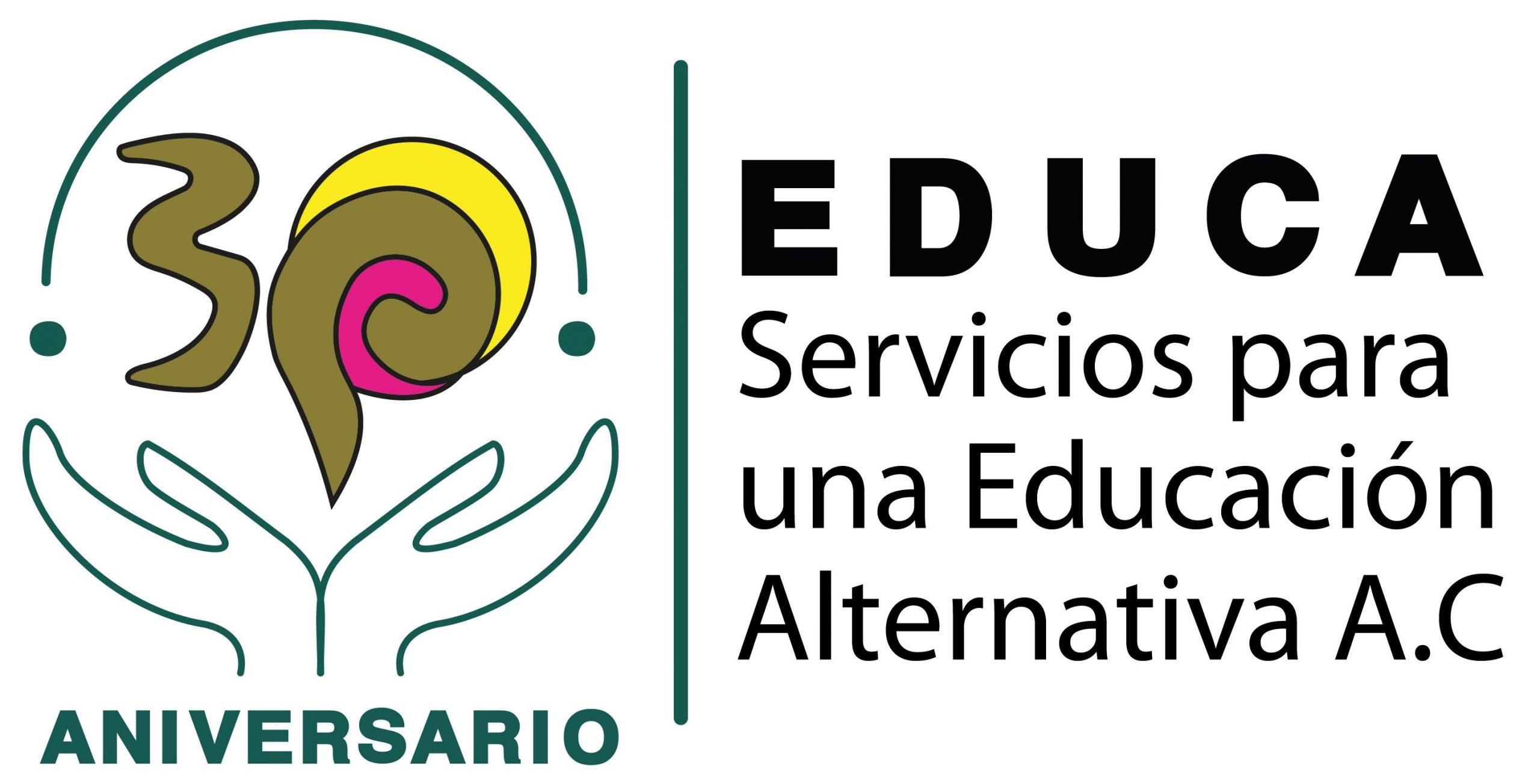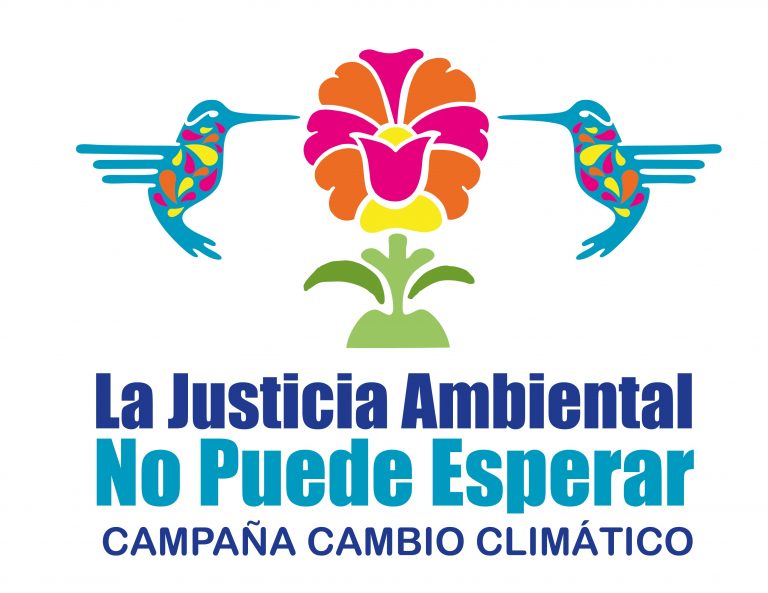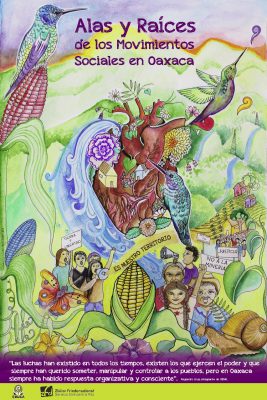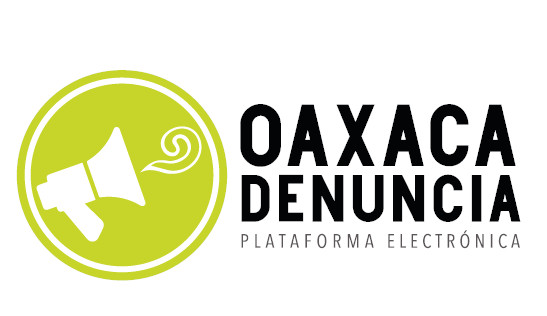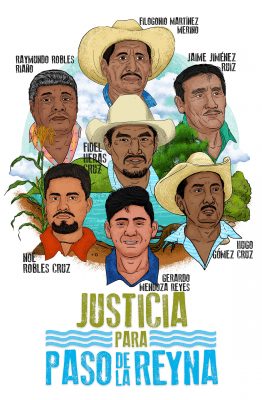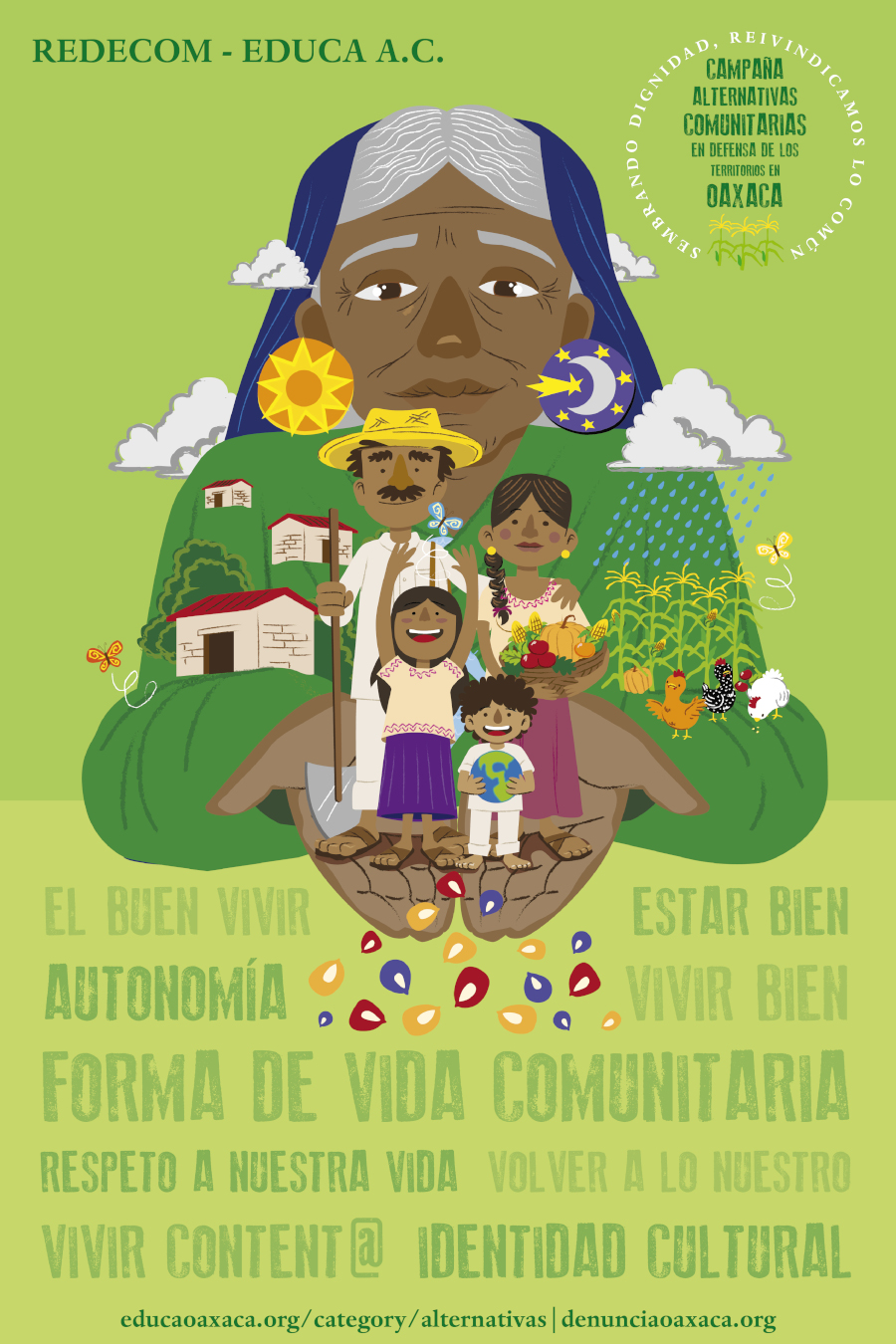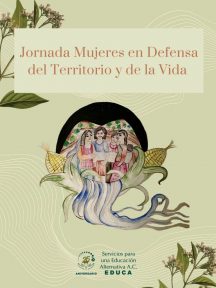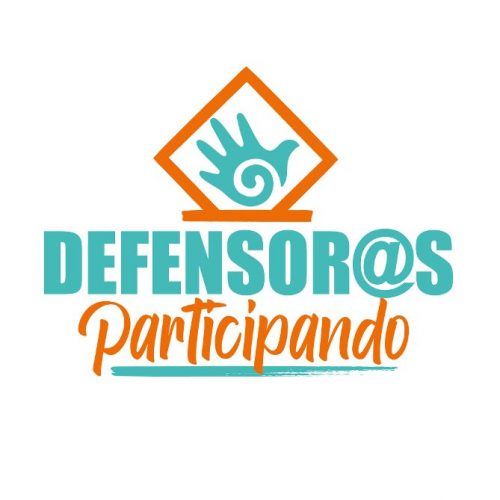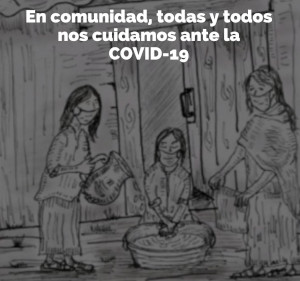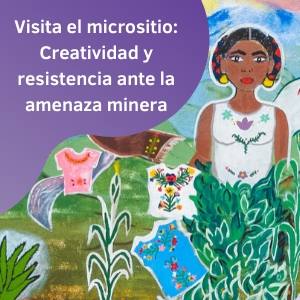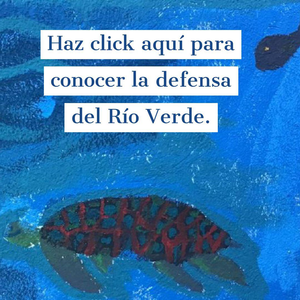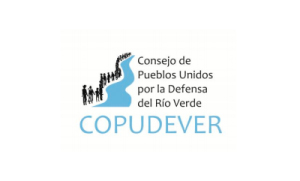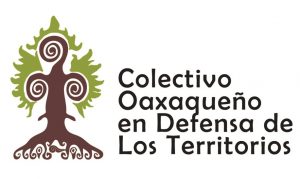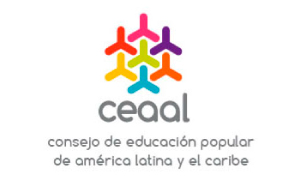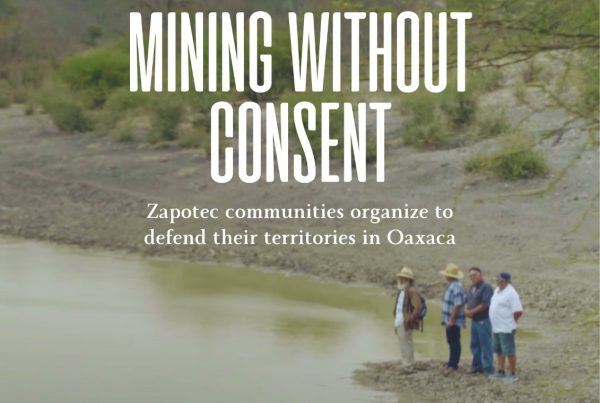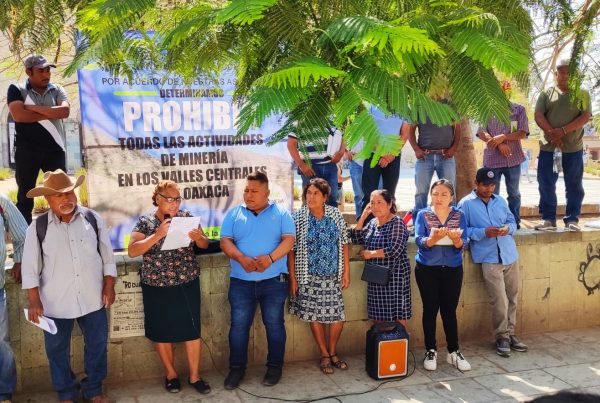Mexican environmental activist Gustavo Castro, the sole witness to the murder of Indigenous leader Berta Caceres and a victim in the attack, was finally allowed to leave Honduras in the morning of April 1 after a judge repealed the order that had kept him trapped in the country despite warnings that his life was in danger.
Castro’s lawyer, Ivania Galeano, told that his legal team made the request for him to be able to leave two weeks ago, in the aftermath of Caceres’ murder on March 3. The Honduran Public Prosecutor’s Office had banned Castro from leaving the country for 30 days, an order that was set to expire on Monday. “Of course we receive this new resolution with great satisfaction because it confirms what we have been saying all this time that there is no legal justification to continue restraining Gustavo Castro in Honduras,” Galeano added. Authorities lifted restrictions on Castro’s travel on Thursday, but added that they reserved the right to call Castro back to the country should the need arise.
Castro’s brother, Oscar Castro, who went to Honduras days after Caceres’ murder to accompany Gustavo and has accused authorities of arbitrarily detaining the witness, also welcomed his brother’s release. “We hugged because this whole month we have been under a lot of stress, him more than me,” said Oscar Castro, adding that compliance with legal processes is crucial to protecting human rights. Oscar and members of the Mexican Embassy, where the witness was forced to stay for nearly one month, accompanied Castro on his trip back to Mexico.
Castro is a sociologist and environmental activist with Otros Mundos Chiapas and Friends of the Earth Mexico. The organizations released a joint statement Thursday after news of Castro’s release expressing relief over his ability to return safely to his home country and reiterated demands for an impatial investigation into Caceres’ murder. But the organizations also criticized Mexico for not doing enough to pressure Honduran authorities to ensure Castro’s safety, echoing similar crticism from other human rights defenders. The groups also called for Castro’s right to continue collaborating in the investigation from Mexico to be respected.
The statement from the Public Prosecutor also said that the offices of DESA, the company behind the dam project opposed by Caceres, was raided by officials on March 13. Authorities found weapons and seized a number of documents, according to the statement. Caceres’ supporters have maintained that the environmental activist was killed over her opposition to the building of the controversial dam and have slammed the investigation for criminalizing Castro and members of Caceres’ organization, COPINH.
Beverly Bell, a colleague of Castro and friend of Caceres, wrote for Other Worlds on Thursday that Castro’s unjust treatment has been the result of the fact that he is “a roadblock to the regime’s plan to pin the murder on COPINH.” Castro and his lawyers were concerned that prosecutors would try to frame him for the murder of Caceres. The Public Prosecutor has not put forward any conclusions drawn from the investigation or thesis as to the motives behind Caceres’ murder.
Press Statement Friends of the Earth: Travel ban for Gustavo Castro Soto lifted
Open Letter: Berta’s Family Accuses the Government of Complicity in her Death
![]()
